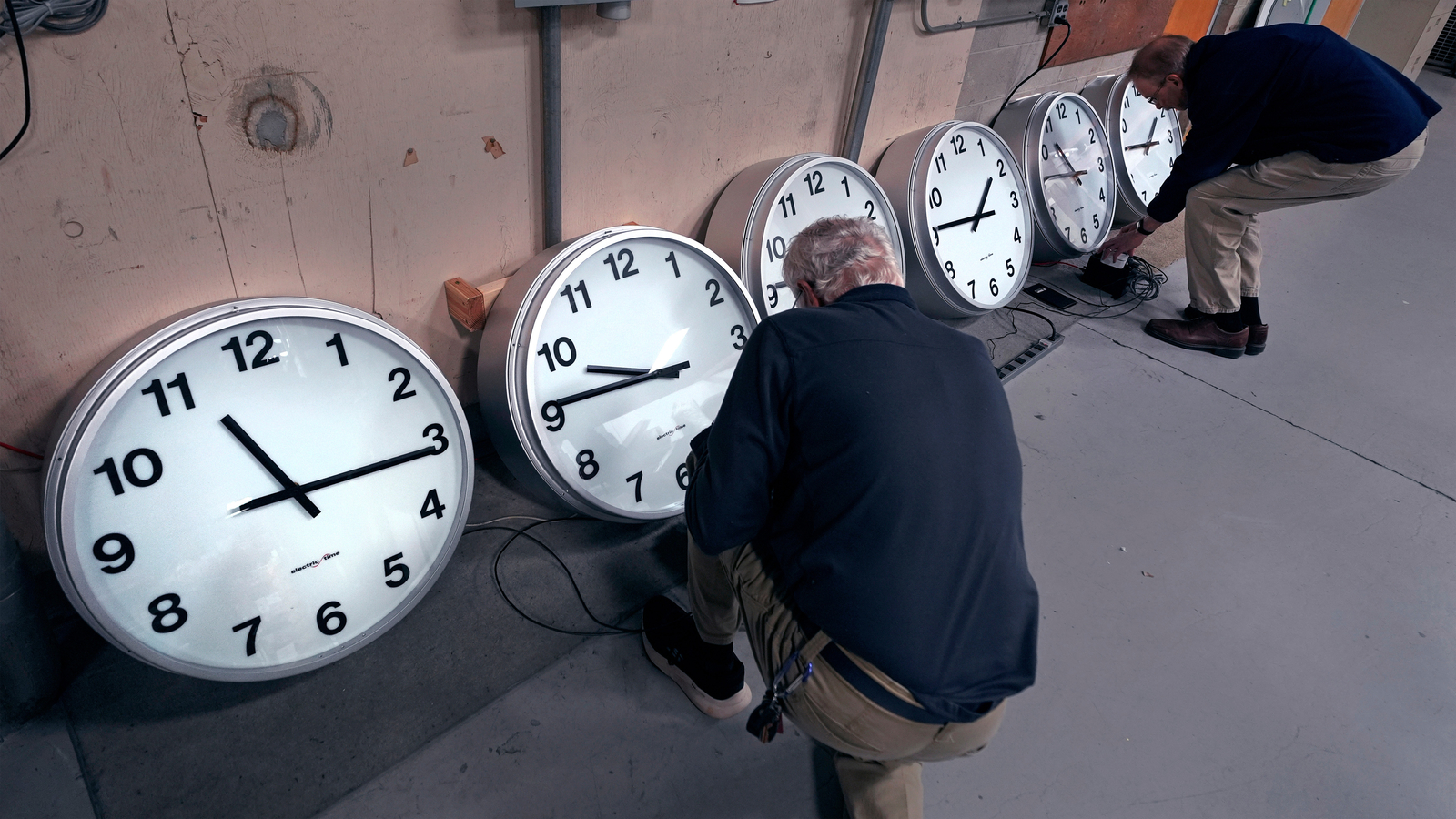
"There's a lot of grumbling about the twice-a-year time changes. The spring switch tends to be harder, losing that hour of sleep we allegedly recover in the fall. But many people also mourn fall's end of daylight saving time, when days already are getting shorter and moving the clocks can mean less daylight after school or work for exercise or outdoor fun."
"Some health groups, including the American Medical Association and American Academy of Sleep Medicine, have long urged adopting standard time year-round. New research from Stanford University agrees, finding that switching back-and-forth is the worst option for our health. The study showed sticking with either time option would be a bit healthier, but they found permanent standard time is slightly better - because it aligns more with the sun and human biology, what's called our circadian rhythm."
Daylight saving time ends at 2 a.m., when clocks are set back one hour, providing an extra hour of sleep. Shorter daylight hours in fall reduce evening light for after-school and after-work activities. Repeated clock shifts disrupt circadian rhythms and can impair organ systems such as immune function and metabolism. Health organizations recommend adopting standard time year-round. New research indicates that avoiding biannual switches is healthier, and that permanent standard time is preferable because it aligns daily schedules with morning sunlight and intrinsic human biology, allowing circadian rhythms to stay better synchronized.
Read at ABC7 Los Angeles
Unable to calculate read time
Collection
[
|
...
]